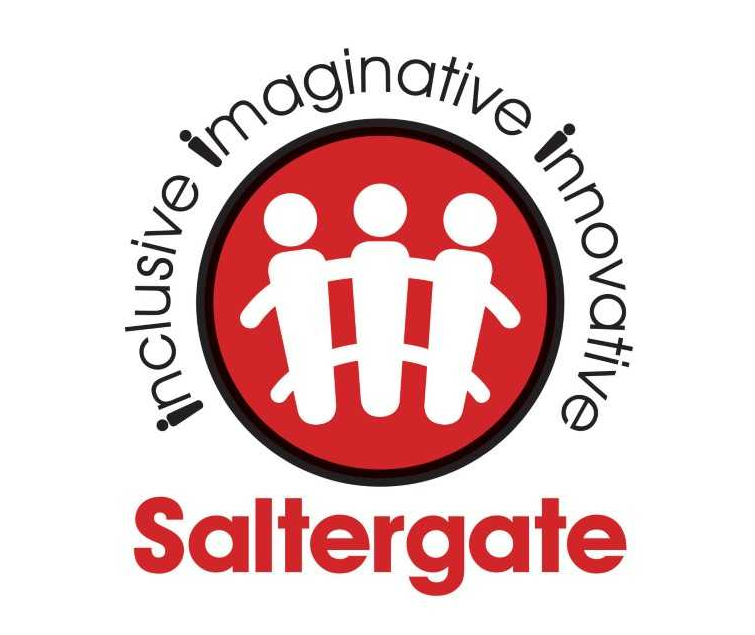Mathematics
Subject Overview
Mathematics is the study of relationships in number, measures, space and data-handling and their application to solving problems in a variety of situations. It provides children with a way of viewing and making sense of the world in which they live. Building on their own experience, it encourages thinking and reasoning skills, embraces natural curiosity and develops the confidence to tackle problems which arise not only in mathematics but other areas of the curriculum.
Aims
Our aims in mathematics teaching are to:
-
Promote enjoyment and enthusiasm for learning in mathematics
-
Enable children to become fluent, proficient and confident with numbers, shapes and measures, and have the ability to solve mathematical problems
-
Develop children’s fluency in mental calculation strategies by ensuring they have a repertoire of known facts and strategies to draw upon
-
Achieve a balance between the practice of mathematical exploration and investigation, and the acquisition of mathematical knowledge and understanding
-
Develop children’s reasoning skills and give them the vocabulary to explain
-
Develop children's problem solving skills so they can apply to different contexts and curriculum areas
-
Develop skills which enable children to use and apply their knowledge with confidence and competence in a range of contexts
-
Encourage children to evaluate their own work and understand the next steps to improve their skills
-
Understand the importance of mathematics in everyday life
-
Encourage cross-curricular links within the Mathematics curriculum.
Teaching of Mathematics
The principle focus of mathematics teaching is to ensure that children develop confidence and mental fluency with numbers, counting and place value. This involves working with numerals, words and the four operations – manipulatives, concrete objects, measuring tools and pictorial representations should be used to support learning. Children will develop their ability to recognise, describe, draw, compare and sort different shapes and use related vocabulary. Teaching will also involve using a range of measures to describe and compare different quantities such as length, mass, capacity/volume, time and money. Children will read and spell mathematical vocabulary at a level consistent with their increasing word reading and spelling knowledge.
We use the National Curriculum as a statutory document, and we also follow the White Rose Unit plans from Reception to Year 6. The approach in Discovery Learning and Reception is that recommended in the Curriculum Guidance for the Foundation Stage (EYFS).
From Year 2 to Year 6, we use the ‘Times Table Rockstars’ program to promote and encourage recall of the multiplication tables.
Mathematics is taught every day using the following structure:
-
Count For Five or Number Facts For Five – developing mental fluency with counting and key number facts.
-
Knowledge Check – recapping on previous learning and knowledge from other lessons and years to support current learning.
-
Teacher Talk – Quality first teaching to all children.
-
Independent and Group Task – In Year 2 to Year 6, children complete Must, Should and Could activities and from Year 3 onwards, children can select their own level of challenge.
-
Monday Maths – topics such as shape, space, measure are taught each Monday to ensure that this learning and knowledge is regularly revisited and developed.
